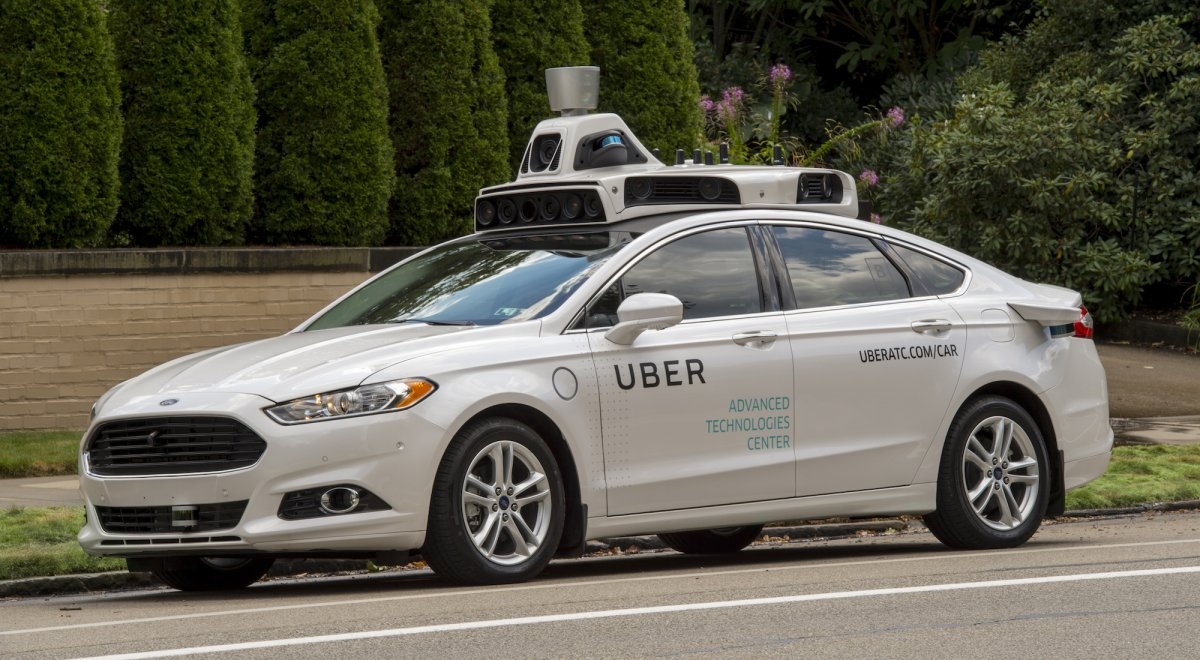
 Why we shouldn’t speed into self-driving cars
Why we shouldn’t speed into self-driving cars
Tuesday 17th April 2018 | Jake
MPs are keen for a nationwide roll-out of self-drive cars, despite the death of an Arizona pedestrian mowed down by an Uber car in its self-drive mode, UK trials of the cars continue apace. Over in California, meanwhile, a driver was killed while his Tesla car was on ‘autopilot’, Tesla insist the driver was given visual and audible warnings by the car but took no action.
Tech firms are lining up to get in on the action, alongside Uber and Tesla there are a league of corporations such as Google and Alibaba testing the self-drive technology.

For such a potentially lethal force, not enough research and trialling has been undertaken by the government to ensure the cars are safer than the human error prone ones that rule the roads today. Last year the government predicted that self-driving cars could be present on British roads within four years, they have promised a three-year review focusing on law, responsibility and the role in public transport of the self-drive vehicle first.
Despite ministers’ being wedded to the idea there isn’t much public want for the self-drive model, the ones leading the charge for the self-drive model are major tech and motor companies, keen to point out the vehicles ability to massively decrease road fatality figures.
What these companies don’t tell ministers, as the Private Eye points out, is the large amounts of cash taxpayers will have to cough up to ensure the roads across Britain are up to scratch and suitable for the self-drive model. There would also be a considerable impact on pedestrian and cyclist relationships with the road, as well as the urgent need for a cyber-security programme impossible to hack.
Video courtesy of the Guardian YouTube channel
The government’s eager willingness to adopt the self-drive cars is probably linked to their dismal shortcomings on road safety. Successive Tory governments, defined by their dogmatic belief in austerity, have seen the number of traffic police drop by approximately 24% between 2012 and 2017 and necessary road repairs go postponed. Wilfully ignoring the need to repair now will cost taxpayers more in the future. Meanwhile, in the year leading up to September 2017, there were 27,010 people seriously injured or killed on British roads.
The benefits of automated driving are clear and highly publicised, in late 2016 consultants KPMG predicted the annual economical and social benefits of the technology could be worth £51bn by 2030. However, the introduction of self-drive cars poses new risks to the public, and without proper maintenance and much-needed repair work on our roads, the much-vaunted step up in safety is unlikely to be so significant. Transferring some of the technology from self-driving cars – ie intelligent speed limiters – to human-controlled ones would go some way to reducing the number of deaths on the road.
